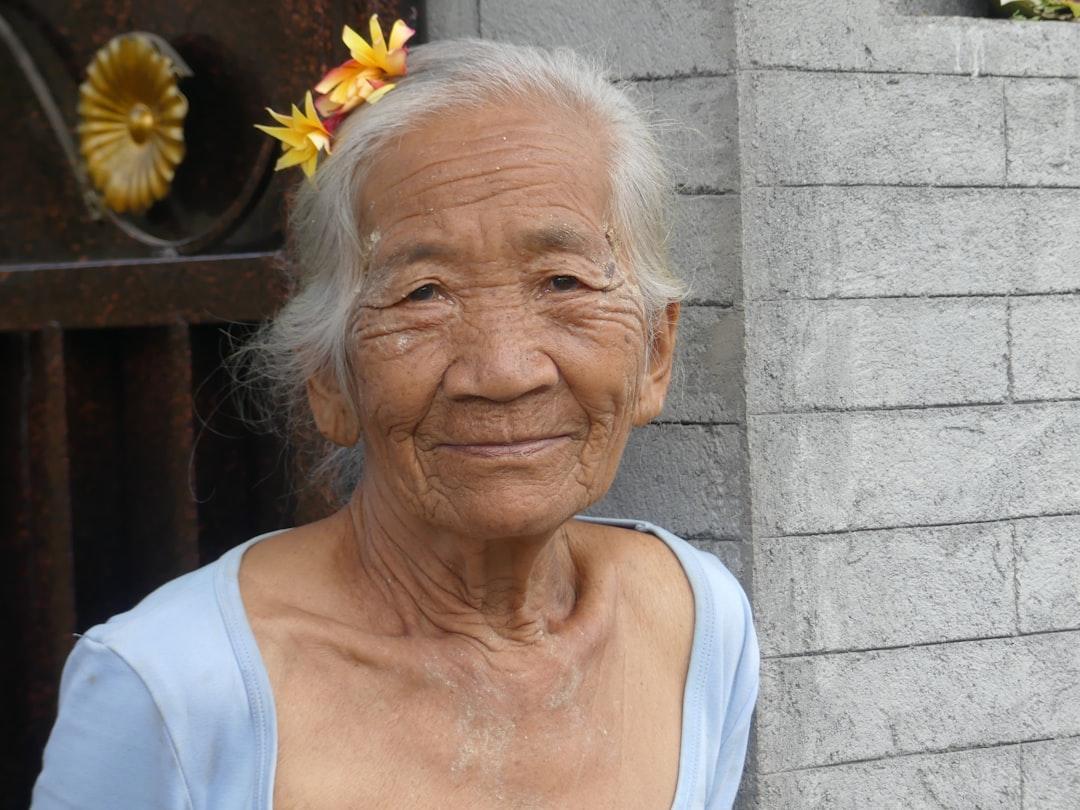Exploring Careers in Elderly Care Services
The field of elderly care services offers a variety of rewarding career opportunities for those looking to make a meaningful impact in the lives of seniors. Whether you are interested in providing direct care or supporting the operations of a senior care facility, there are numerous options available to suit your skills and interests. This article will explore the diverse range of job opportunities in elder care, the qualifications needed, and the benefits of working in this fulfilling field.

As the population ages, the demand for elderly care services continues to grow. With advances in healthcare and an increasing number of people living longer, there is a pressing need for professionals dedicated to caring for the elderly. This demand creates a wealth of employment opportunities in various settings, including private homes, assisted living facilities, nursing homes, and hospitals.
Why Pursue a Career in Elderly Care?
Caring for the elderly is not just a job; it's a chance to make a difference. Many people find that working with seniors brings immense satisfaction and fulfillment. Here are some reasons why you might consider a career in elder care:
- Personal Fulfillment: Helping seniors maintain their independence and improve their quality of life can be incredibly rewarding.
- Job Security: The growing need for elder care services means stable employment opportunities.
- Diverse Work Environment: With various roles and settings, you can find a position that matches your interests and strengths.
- Career Advancement: Opportunities for growth and specialization exist within the field, allowing you to advance your career over time.
Types of Careers in Elderly Care Services
Direct Care Positions
- Certified Nursing Assistants (CNAs): CNAs provide basic care, such as bathing, dressing, and feeding, under the supervision of a registered nurse. Certification is required, which typically involves completing a state-approved training program and passing a competency exam.
- Home Health Aides (HHAs): HHAs assist clients with daily living activities in their homes, offering companionship and support. Training requirements vary by state, but certification is often necessary.
- Personal Care Aides (PCAs): PCAs help with non-medical tasks like housekeeping and meal preparation. They provide support to seniors who need assistance but do not require medical care.
- Registered Nurses (RNs) and Licensed Practical Nurses (LPNs): RNs and LPNs offer medical care and support to elderly patients. They are responsible for administering medication, monitoring health conditions, and developing care plans.
- Live-In Caregivers: These caregivers reside with seniors, providing around-the-clock assistance and companionship. This role is ideal for those looking for "live in care jobs near me."
Supportive and Administrative Roles
- Social Workers: Social workers in elder care assess the needs of seniors, coordinate services, and provide emotional support to clients and their families.
- Activities Coordinators: These professionals plan and organize recreational activities for seniors in care facilities, promoting social interaction and mental stimulation.
- Case Managers: Case managers develop care plans and ensure that seniors receive the appropriate services and support.
- Administrative Staff: Administrative roles include office management, scheduling, and coordination of services within senior care facilities.
- Dietitians and Nutritionists: These specialists create nutrition plans to meet the dietary needs of seniors, ensuring they receive balanced and healthy meals.

Qualifications and Skills Required
Essential Skills for Success
Working in elderly care requires a unique set of skills and qualities. Here are some essential attributes for success in this field:
- Compassion and Empathy: A genuine desire to help and understand the needs of seniors is crucial.
- Patience: Working with the elderly can be challenging, and patience is key to providing effective care.
- Communication Skills: Clear communication is essential for interacting with seniors, families, and healthcare professionals.
- Problem-Solving Abilities: The ability to assess situations and make informed decisions is important in caregiving roles.
- Physical Stamina: Many caregiving positions require physical tasks, so good health and stamina are beneficial.
Educational and Certification Requirements
The educational and certification requirements for elderly care positions vary by role and state. Here are some common pathways:
- High School Diploma or GED: Required for entry-level positions like personal care aides and home health aides.
- Certification Programs: CNAs and HHAs typically need to complete state-approved training programs.
- Associate's or Bachelor's Degree: Required for roles like registered nurses, social workers, and dietitians.
- Licensure: Necessary for healthcare roles such as RNs and LPNs, which involves passing a state board exam.
Finding Elderly Care Jobs
Job Search Strategies
If you're interested in pursuing a career in elderly care, here are some strategies to help you find job opportunities:
- Online Job Boards: Websites like Indeed, Care.com, and LinkedIn often list openings for "elderly people jobs" and "senior home care careers."
- Local Agencies: Contacting local elder care agencies and facilities can lead to job opportunities and valuable connections.
- Networking: Joining professional organizations and attending industry events can help you connect with potential employers and learn about job openings.
- Volunteer Work: Gaining experience through volunteer work in senior care settings can enhance your resume and open doors to employment.
Considerations for Foreigners Seeking Employment in the USA
For foreigners interested in "elderly care jobs in the USA," it's essential to research visa requirements and seek employers willing to sponsor work visas. Many care facilities are open to hiring international candidates, especially if they have specialized skills or experience.

by Nathalie Gurtler (https://unsplash.com/@chignonchic)
Conclusion
A career in elderly care services offers a unique opportunity to make a positive impact in the lives of seniors while enjoying job stability and personal fulfillment. With a wide range of roles and settings available, there is something for everyone in this rewarding field. Whether you are interested in direct care, administrative support, or specialized services, the demand for compassionate and skilled professionals in elder care is on the rise. Start exploring the possibilities today and find your path in this meaningful career.
Turn Your Compassion Into a Career — or Get Paid to Care for Family
Are you a caregiver looking for meaningful work? Or are you already caring for a loved one at home and wondering if you can get paid for the care you provide?
At InclusiveOne Home Care we offer rewarding opportunities for:
- Professional Caregivers – CNAs, HHAs, and companions who want flexible, fulfilling work helping seniors live safely and comfortably at home.
- Family Caregivers – If you're caring for a parent, grandparent, or other loved one, you may qualify to get paid through state-funded programs. We’ll guide you through the process.
- Full-Time, Part-Time, and Flexible Shifts Available
Whether you're seeking a caregiving career or already providing care for someone you love, we’re here to support you every step of the way.
Apply Now or contact us by Phone or Email to Learn More About Becoming a Paid Caregiver!
Your care makes a difference — let us help you make it a career.
[Join Our Team] [Get Paid to Care for Family]
